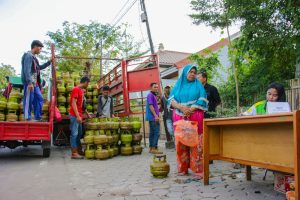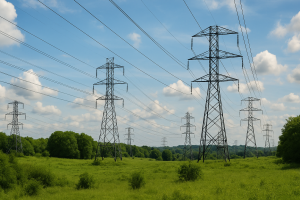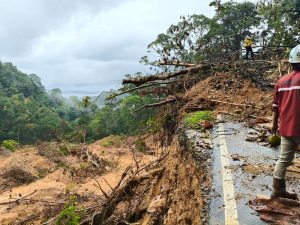Jakarta – Observers believe that economic inequality in Indonesia is becoming increasingly worrying, despite stable economic growth. They are urging the government to immediately implement fiscal reforms that are more socially equitable, including the imposition of higher taxes on the coal industry.
“Fiscal reform needs to focus on two things: increasing revenue from the wealthy and allocating state spending to reduce inequality. So far, policies have actually strengthened the dominance of the elite,” said Tata Mustasya, a researcher at SUSTAIN, on Monday, September 1.
Data from the Central Statistics Agency (BPS) shows that Indonesia’s Gini ratio in March 2025 was recorded at 0.375, relatively stagnant over the past five years. The Gini ratio is a statistical measure that shows the level of income distribution inequality in a region.
However, according to economists, the real figures for inequality are much higher. In fact, the World Inequality Report 2022 reveals that the average income of the wealthiest one per cent of the world’s population is more than 73 times that of the poorest 50 per cent. Ironically, the richest group also produces 30 times more carbon emissions than the half of the population with the lowest income.
The SUSTAIN study shows that by increasing coal production levies, the country has the potential to earn an additional Rp84.55 trillion to Rp353.7 trillion per year. These funds can be used to finance social protection programs, education, public services, and the transition to renewable energy.
A similar sentiment was expressed by Ahmad Ashov Birry, Director of Trend Asia. He believes that the extractive sector’s contribution to state revenue is still tiny compared to its potential.
“The government must immediately consider progressive taxation, both for the richest one per cent of the population and for carbon-intensive extractive industries. This is important for equitable distribution of wealth and for limiting the power of oligarchs who often influence policy through their capital,” Ashov asserted.
According to him, this step will also strengthen the country’s fiscal position, so that it no longer relies on the middle and lower classes, which have borne the main burden of consumption taxes.
This push for fiscal reform is seen as crucial ahead of the new administration under President Prabowo Subianto.
“In the long term, the government must prioritise sustainable welfare as the direction of development. This means that economic growth should not come at the expense of social justice and environmental sustainability,” Tata added. (Hartatik)
Banner photo: shutterstock.com















